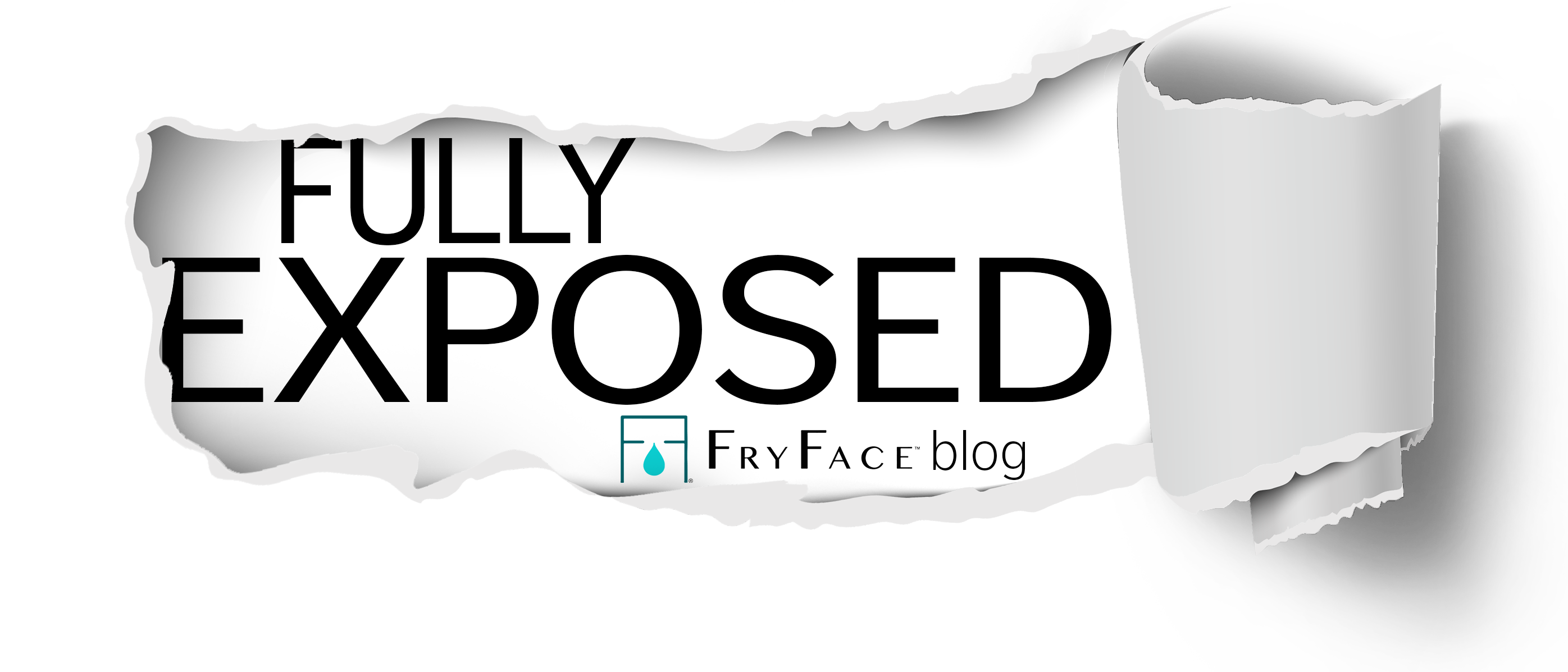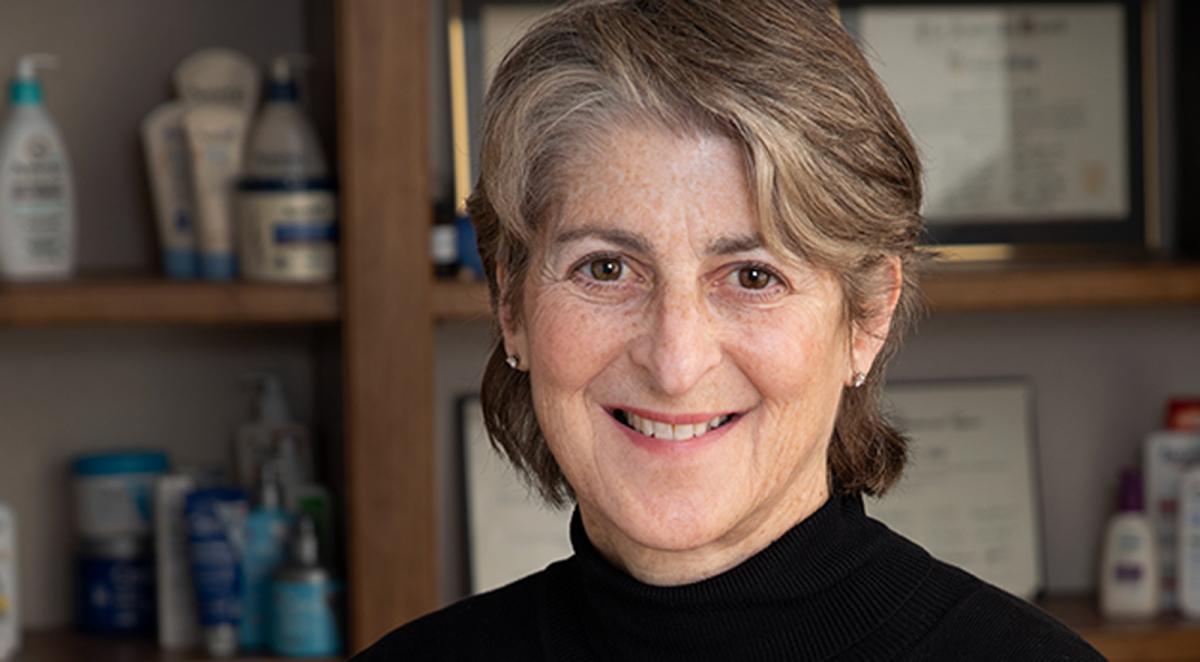What is a clean beauty product? Truth is, I have absolutely no idea. Some think it refers to products only made from plant derived ingredients, although that is what most people would call a “natural” skincare product. Others say clean products are products without chemicals. Those people are clearly mistaken, because all ingredients, even those derived from plants, are chemicals. And then there are those who say, clean beauty products are products made without “bad” chemicals. You know, the ones that cause cancer, that make you sick or irritate your skin. These are the ingredients that watchdog groups put on their “to be avoided” list even though the determination to put an ingredient on the ‘bad” list is based on limited data (by their own admission), without any regard to the dose of the ingredients being used.
What the consumer must know is that every chemical has a dose at which exposure to that chemical is harmless. This is true for ingredients like formaldehyde, the very same chemical we exhale with every breath, the very same one in your morning cup of coffee and in your fruits and vegetables. (By the way, skincare manufacturers don’t add formaldehyde to their formulations, but rather, formaldehyde releasing preservatives to keep the product safe, free of bacteria and mold.) This is also true for botulism toxin, the poisonous chemical that millions of people have injected into their foreheads to minimize the appearance of wrinkles. And for the villianized parabens, the extremely effective and safe (when used in minuscule doses) preservative also found in blueberries.
Perhaps it would be best to desire safe and effective skincare products. Although I’m not exactly sure what constitutes a clean skincare product, I do know that the word ‘clean’ on a product label is a very effective marketing buzzword. I also know that a well-formulated skincare product is an effective product and, as importantly, is a safe product. Those are the skincare products that I choose to keep on my bathroom vanity.





